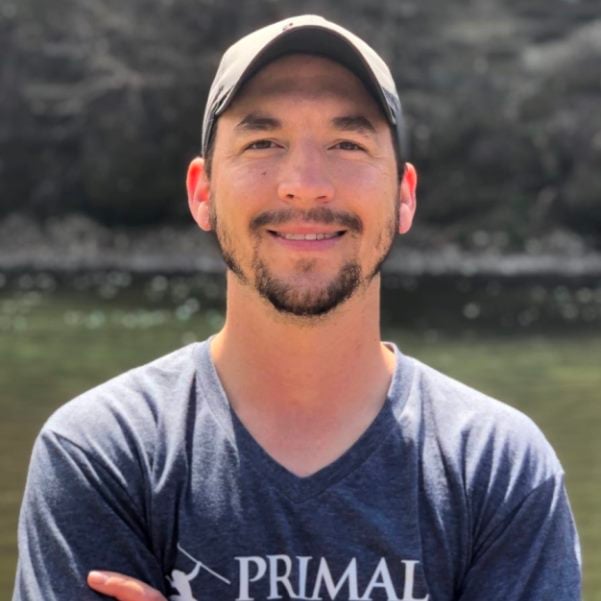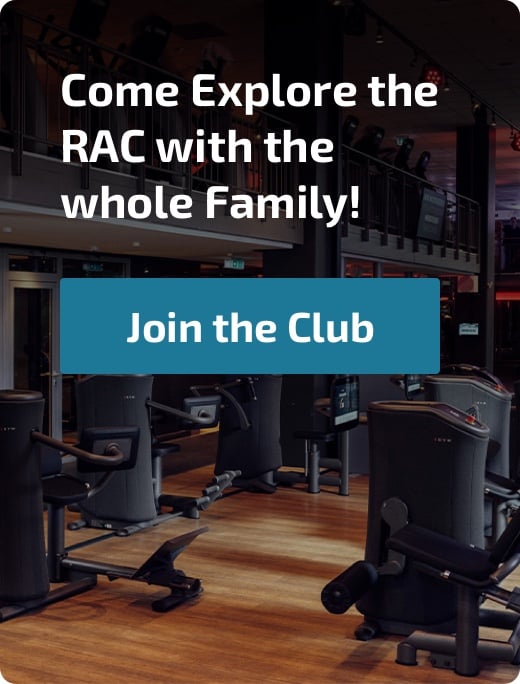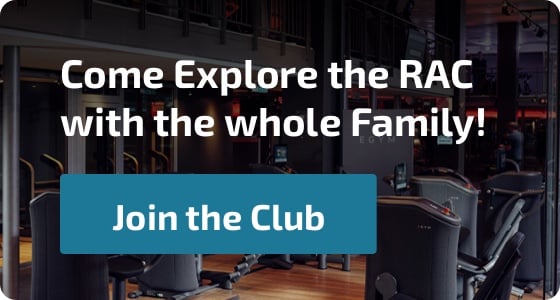Embracing Discomfort: The Path to Well-Being
Posted by Chris Lewis on March 25, 2024
When people think about suffering, they typically think about not having enough (food, water, money, etc.), but what if I told you that the real crisis of today is a result of having too much? Too much convenience has led to many of us living sedentary lifestyles. Today it is possible to survive without having to leave our homes. Not something I would recommend, but theoretically it could be done.
We can work from home, order our food from our phones, be entertained via streaming services, all from our couch. These are all very impressive feats and at the heart of these achievements is the desire to improve the lives of people, which is great…until it isn’t. What happens when we get too much of a good thing? In the case of comfort, it can lead to health problems like obesity and chronic disease. While it’s tempting to do the easier thing, should we?
Our early ancestors walked 20,000 steps/day and most likely “exercised” for over 3 hours daily. It was necessary for their survival. Most of us are not coming close to that level of activity and we’re arguably sicker than we’ve ever been even with the remarkable advancements in medicine.
Why is that? There are certainly many hypotheses, but one cannot overlook the amount of ease we’ve placed into our everyday lives. Could it be that we are living in a way that is in extreme contrast to how humans lived for most of our existence?
Today, humans must create physical struggle in their lives because it’s not necessary for survival. Many of us work jobs that require very little physical movement. We get our food from grocery stores and/or apps that will deliver the food to us. Everything that our early ancestors would have had to physically work for (food, resources, etc.), modern humans can get without having to lift much more than a finger. If we’re going to change this, we’re going to have to be intentional about it.
In today’s blog post, I want to explore some of the ideas from one of my favorite books, “The Comfort Crisis”, by Michael Easter where he explores the idea of embracing discomfort as a necessary component of human growth, resilience, and optimal human living experience. Humans will do most anything to avoid uncomfortable situations, but often times it’s the most challenging things in our lives that are most rewarding.
Let’s explore the idea of being a 2-percenter. What is a 2-percenter you ask? It’s in reference to a study that found only 2% of people observed took the stairs when the option of an escalator was also present. Being a 2-percenter involves doing the slightly more challenging thing given the option of something easier. We can apply it in many areas of our lives, how we exercise, eat, and work.
Here are a few ways you can become a 2-percenter this week:
- Take the stairs every opportunity you get.
- If you carry a backpack, consider adding some extra weight to it (5-20lbs), just enough to notice a difference. This would be a form of rucking (a great exercise if you have not explored it yet).
- Consider eating a meal or two without looking at your phone.
- Consider skipping a meal (this would have been very normal for our early ancestors).
- Spend some time in the sauna and/or steam room.
- Take a cold shower (just enough to be uncomfortable it doesn’t have to be extreme).
This is by no means meant to be an exhaustive list, but it’s one that can get most started down the path of adding a bit more difficulty into your life, thus increasing your overall resilience.
If you are looking for something more challenging, consider the idea of misogi, in which there are only two rules:
Rule 1: Make it really hard.
Rule 2: Don’t die.
How do you define something really hard? You realistically give yourself a 50/50 shot of completing it. This is a way to test your limits, which many of us fail to do. Testing your limits eventually leads to expanding them. Lastly, misogi isn’t something to be shared, it is for you only. Modern life is filled with comparison and status games, both of which are exhausting and ultimately lead nowhere. Make your misogi relevant to you only.
If you enjoyed this post and want to talk more, I would love to connect with you sometime at the RAC!

Chris Lewis
Chris Lewis is a National Board-Certified Health and Wellness Coach (NBC-HWC) educated from Primal Health Coach Institute as a “Master Primal Health Coach”. He leverages ancestral principles to help people gain energy, lose excess body fat, and help them feel better than they imagined possible. Chris does this in a way that is easily understood, applicable to their life, and at a pace with which they are comfortable He helps people implement good overall lifestyle habits like exercise, eating well, sleeping well, etc. Chris helps clients identify their wellness goals and then assists them in implementing small actionable steps that get them where they want to be.
Contact Chris Lewis



